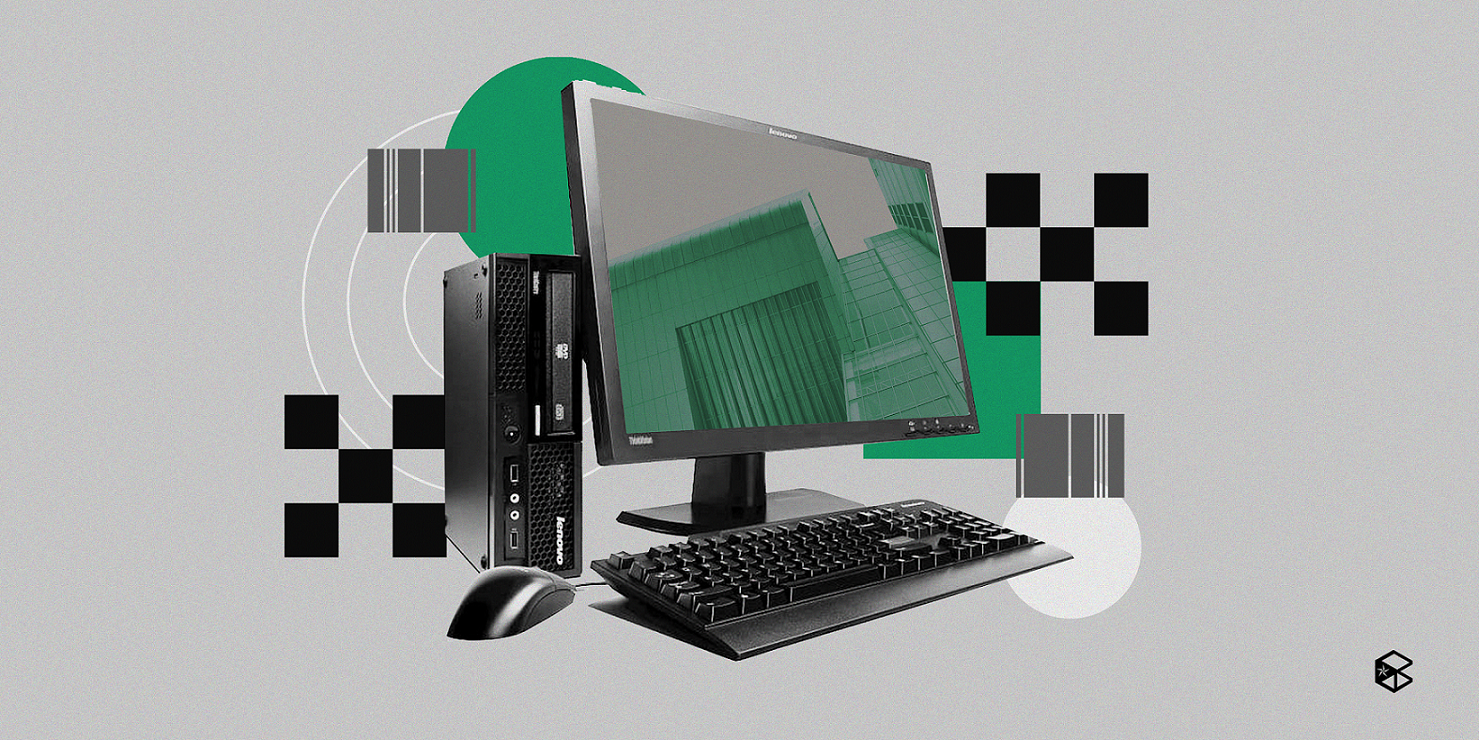Since the start of this school year, students have been learning from their own screens, miles apart. Access to the school laboratories have been limited due to the pandemic, but with virtual labs, everything is yet to be possible.
To give Benildeans access to school laboratories, the Digital Technology Office (DTO) created a virtual alternative for computer, science, and business laboratories. Since students cannot perform activities in the school laboratories due to the COVID-19 pandemic, the virtual labs make it possible for them to learn while staying at home.
“The virtual labs are supposed to run in a cloud environment [by] logging in remotely from either your home or any place where you do your work,” shared Mr. Jose Llamas, Vice Chancellor of DTO, in an interview with The Benildean. He added that through virtual labs, students will use the same tools and programs they access from the school laboratories on their own devices.
Courses catered
One of the pilot courses that the virtual labs cater is for the Multimedia Arts (MMA) program. Since they mostly perform computer-related activities, DTO looks at a possibility of converting the computer laboratory virtually. Such laboratories were covered in the trial stages of creating the virtual labs.
“Kaya lang, hindi pa lahat,” said Mr. Llamas pertaining to possible courses catered by the virtual labs as some components of the actual laboratories could not be fully converted virtually. He also mentioned that they are still finding ways to work with other courses such as the School of Hotel, Restaurant and Institution Management (SHRIM), wherein only demonstrating and lecturing activities could be covered, because other activities are necessarily done within school premises.
As of now, only computer classes, with a maximum of 40 students per class, were conducted as part of the pilot stage, with some courses comprising the BS Information Systems (BS-IS) and MMA laboratories.
Problems encountered
Upon creating the virtual labs, DTO primarily considered the content, network stability, and the applications’ infrastructure. The content of the virtual laboratories were examined whether it was viable to run online. Moreover, the network stability of the students and the College were also considered for the foundation of the applications to make it run smoothly in spite of the connectivity issues.
Despite the virtual labs being relatively stable, it heavily relies on the network infrastructure in the country. With an unreliable foundation, it poses a great challenge to the stability and the reliability of the virtual environment.
“Compared to other advanced countries, their telecommunication infrastructure is advanced. [...] And the speed and [the] bandwidth where those network infrastructure[s] that are set up are normally in a bigger bandwidth [so] their speed is quicker, they have probably more repeater stations or cell sites. Pagka-ganon kasi ‘yung infrastructure, it’s very, relatively stable. You get [a] very good communication with the [virtual] environment you’re trying to reach out. Dito sa atin kasi, I think that’s a challenge. [...] For as long as the links are not well established, then it (virtual labs) will become pretty much unstable,” Mr. Llamas stated.
In comparison to on-premise labs
For some courses that heavily rely on the use of computer laboratories, Benilde offers access to their on-premises labs. Due to the implementation of health restrictions, this is not physically possible and students opted to use their own devices to pass requirements which left some students behind.
“Back then, I was worried that I wouldn't be able to enroll in some major courses because of [the] lack of resources. One of the courses that I have to take based on my flowchart requires a laptop or a computer desktop that has 8GB-16GB memory. I [felt] anxious at that time because my laptop only has 4GB [of] memory and it's already laggy,” Information Systems student Aira Mae Sumagui admitted.
With virtual labs, students can access the applications they need without upgrading their device or buying a new one. However, the performance of the virtual labs also depends on the student’s bandwidth. If they are only trying to use the labs for programming, the program can work even at 10 mbps. Furthermore, resource-hungry applications such as video editing need to have a bigger bandwidth in order to work properly.
Compared to on-premise laboratories, Sumagui stated that virtual labs are better because of the convenience, “In using virtual labs, we can already utilize the software applications that we need for our course without going outside our house.”
She also suggested that virtual labs can be improved by implementing a notification system that will inform if the student’s access will expire soon. In Sumagui’s experience, the labs “will suddenly close” without the assurance of her files being saved. Mr. Llamas also shared that the automatic cutting of connection after a certain time is another disadvantage of virtual labs compared to on-premise laboratories.
With the foreseen struggle of students with limited bandwidth in accessing the labs, DTO is trying to “look for a solution wherein with a minimum configuration, [the students are] able to access the sort of like a desktop emulation with a very small [bandwidth].” However, in order to address this problem, DTO still needs further research.
Currently, DTO is looking at providing free slots in laboratories for the following terms.
“We don’t want to set that up first kasi, we’re not yet sure whether all the computer labs can be converted. But once it’s converted, we will provide slots for [the students] and we will provide one or two laboratories with free slots all day,” Mr. Llamas stated.


